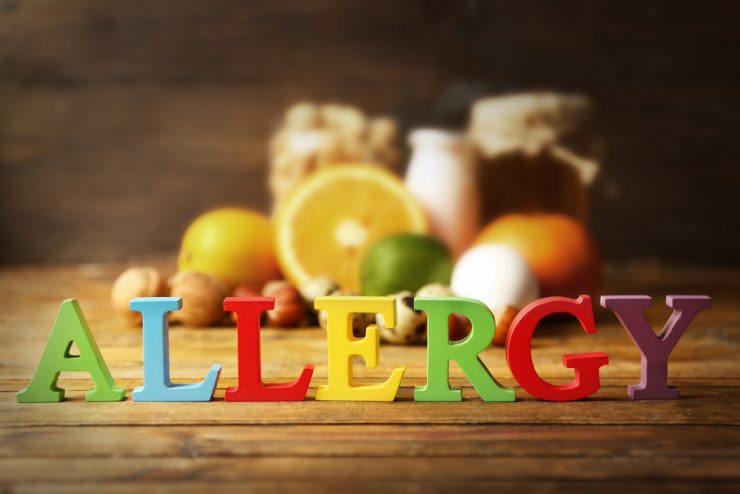Food allergies are more common than you might think and can have a serious impact on your health.
Clinical nutritionist, Suzie Sawyer, takes a closer look at what causes them as well as some protective tactics.
May 12-18th is this year’s Food Allergy Week highlighting the difficulties faced by sufferers, which can be severe and even life threatening. Thankfully, new labelling laws mean that food manufacturers have to declare certain allergens on packaging. But this doesn’t always apply where food is freshly prepared on the premises. There have certainly been some high profile cases where this has had a dramatic outcome for those affected.
What is an allergy?
An allergy is when the body reacts inappropriately to something that wouldn’t normally cause harm, in this case a food. The response causes the immune system to alert the body’s white blood cells to overreact which can cause alarming symptoms. The most common food culprits include nuts, shellfish, strawberries, wheat, eggs and dairy produce.
What is the difference between an allergy and an intolerance?
A full-blown allergy causes an IgE antibody response in the body, which is usually immediate and quite dramatic. A classic nut allergy, which can set off an anaphylactic shock, is a good example. Other foods that can spark an IgE response are tomatoes, pork, shellfish, alcohol, pineapple and mustard.
Conversely, most food sensitivities tend to build up over time and can occur for up to three days after the offending food has been eaten. These reactions trigger an IgG antibody response and often occur with foods we eat very regularly, such as gluten.
Both IgE and IgG antibodies trigger the release of histamine. This is part of the body’s defence system, which causes increased blood flow to an area in order to kill off an invader. However, it also causes inflammation and encourages membranes to make more mucous, kicking off such reactions as coughing and sneezing. Histamine can also cause unpleasant gut reactions.
Frustratingly, while symptoms are often delayed, they can be non-specific and difficult to determine whether they are the result of an intolerance such as having a blocked nose, headache, wind or bloating.
Do foods contain histamines?
Just to complicate matters further, certain foods have high levels of histamine, which cause problems for many people. Histamine works as an essential neurotransmitter. It plays a key role in the immune response, and as it is inflammatory, symptoms can cause itching.
Some of us develop too much histamine, which means eating foods also high in histamine is going to cause problems. Foods such as fermented dairy products (especially aged cheese), kefir, sour cream, fermented vegetables, fermented meats and yoghurt, are all high in histamine. Fortunately, they’re quite easy to avoid in the normal daily diet.
How can I help myself?
It’s really worth being tested for food allergies and sensitivities if you’re suffering from symptoms that impact on your quality of life. A history of infantile colic, eczema, asthma, digestive issues, frequent mood swings and ear infections can all point towards potential food issues.
Clearly, immediate IgE reactions will mean avoiding ‘problem’ foods for life since IgE antibodies have a very long-term memory. However, IgG antibodies have a half-life of only around six weeks, so the body can be de-sensitised. Equally, ensure your friendly gut bacteria is in good shape by taking a course of probiotics at least every six months; they help protect the digestive tract from unwanted invaders and most importantly enhance the immune system.
Want to know more? Visit the food allergy awareness website.
























Add comment